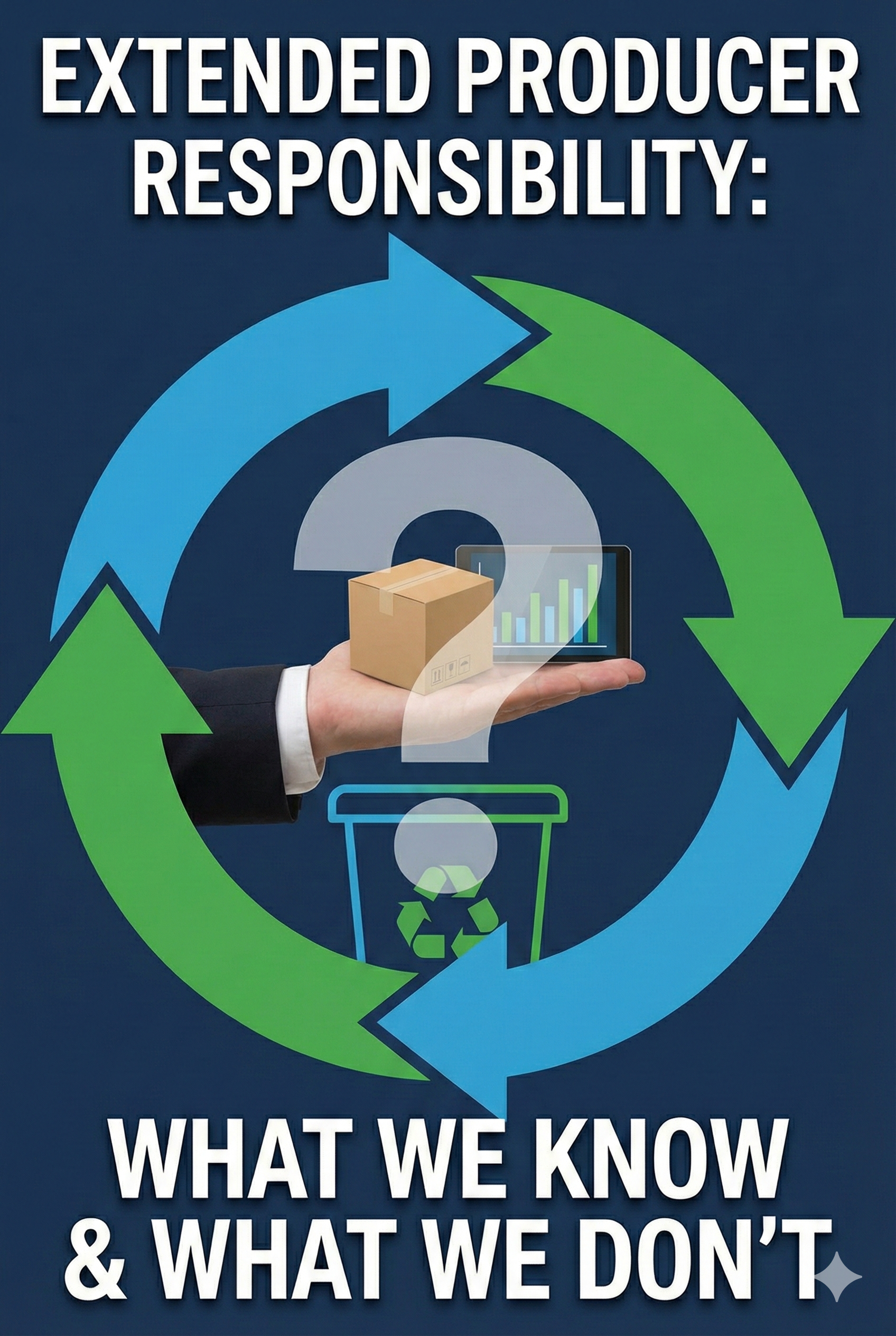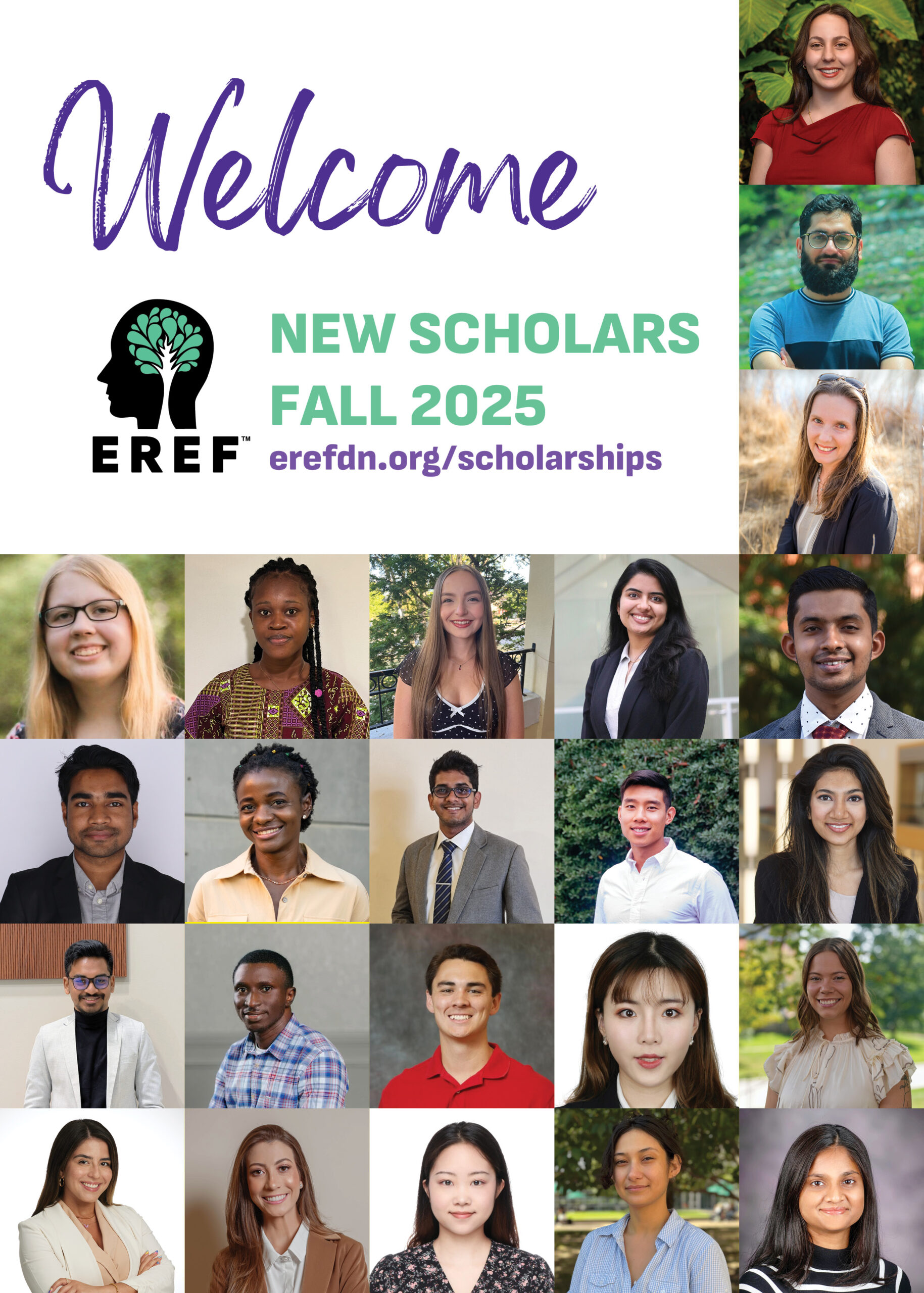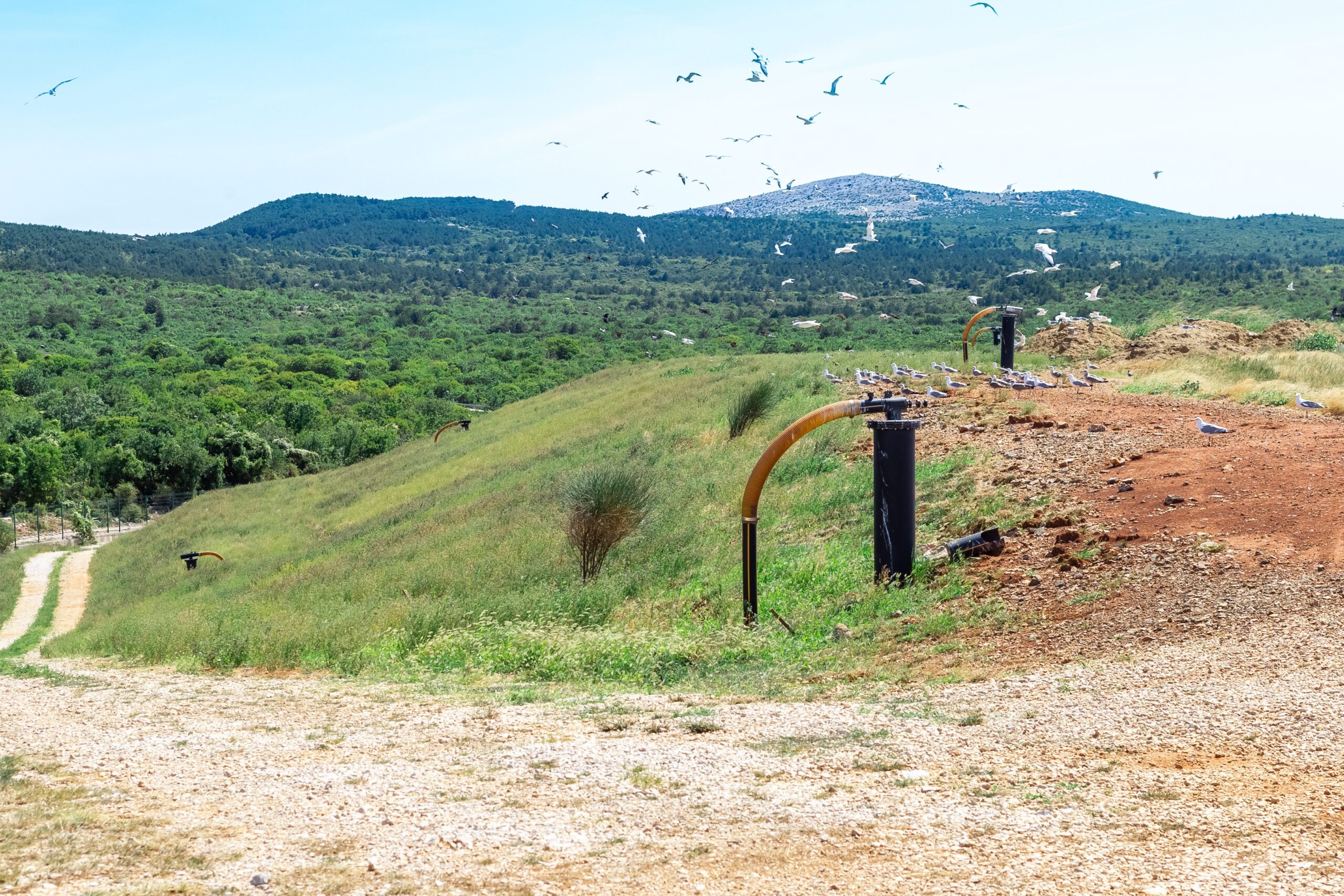Development and Assessment of Cost-Effective Sustainable Integrated Organics Management Strategies
Investigators: North Carolina State UniversityStart Date:
Mar 2016
Award Amount: $127,525
Jurisdictions representing over 20% of the U.S. have considered or implemented policies that require some food waste diversion from landfills, and there is increasing interest in opportunities to manage organics in municipal solid waste (MSW). Given the interrelated nature of solid waste management (SWM) systems, any new policies or strategies must be fully analyzed to ensure that overall solid waste system performance is not negatively affected. This is especially true considering how waste generation, composition, the energy system, and policies are changing.
The Solid Waste Optimization Life-cycle Framework (SWOLF) is a life-cycle assessment (LCA) optimization tool developed for integrated analysis of SWM systems as part of a previous EREF grant (go.ncsu.edu/SWOLF). SWOLF consists of state-of-the-art life-cycle process models for solid waste collection, recycling, landfilling, composting, anaerobic digestion (AD), waste-to-energy (WTE), and gasification that will uniquely facilitate integrated analyses of organics diversion strategies.
SWOLF’s optimization capability will be used to perform the first dynamic multi-stage optimized LCA to assess the most cost-effective ways to sustainably manage organics in consideration of changing waste generation, composition, and policies through the following research objectives:
- Develop projections for MSW generation and composition for next 30 years.
- Develop projections of fuel and electricity costs and emissions under various GHG policy,renewable energy policy, and fuel price scenarios for next 30 years.
- Finalize system-specific life-cycle process-models.
- Use projections and process models in SWOLF to analyze the cost and environmental impacts associated with organics management strategies and policies.
Click
here for more information on t
he Solid Waste Optimization Life-cycle Framework (SWOLF).Click
here for more information on the researcher and previous EREF scholar, Dr. James Levis.





